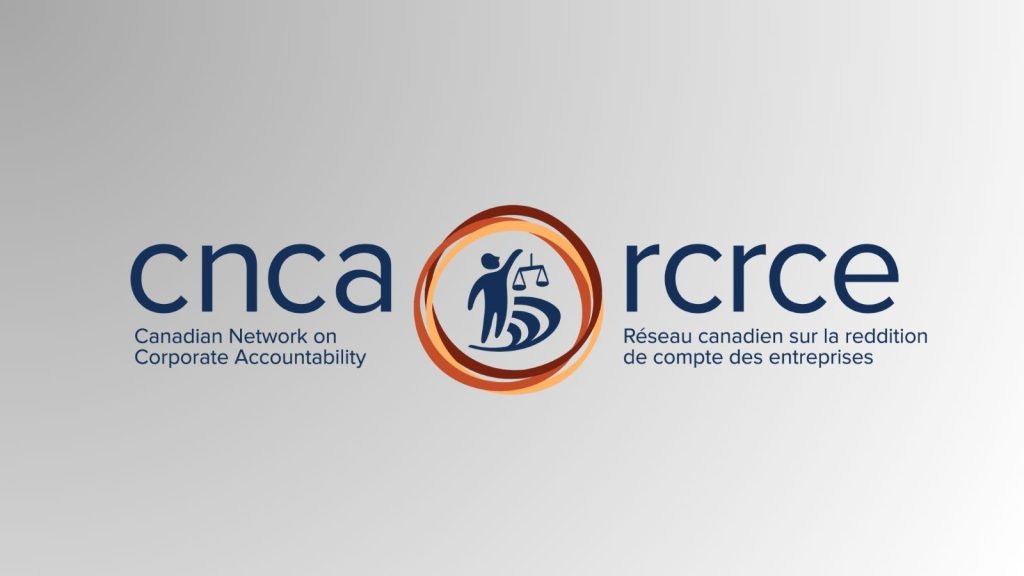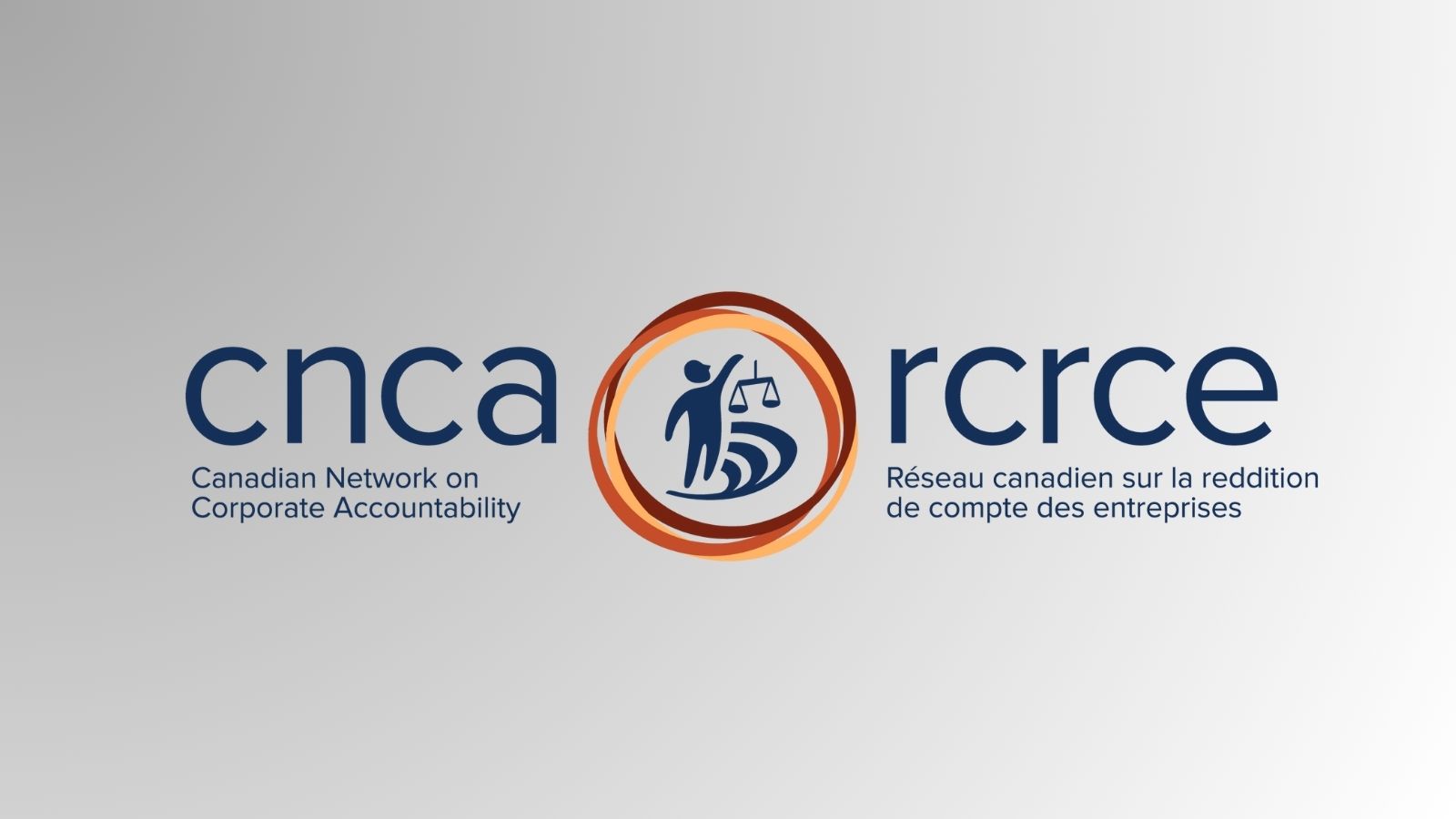The office of the Canadian Ombudsperson for Responsible Enterprise (CORE) invited feedback on its draft Standard Operating Procedures, guidance to complainants and to the communications consulting firm that the CORE hired to help define CORE’s “brand”.
Read the CNCA’s full response here (PDF).
This post was originally published as “CNCA public letter to the CORE on spring consultation” on 10 July 2020.
===
CNCA public letter to the CORE on spring consultation
10 July 2020.
[/fusion_text][/fusion_builder_column][/fusion_builder_row][/fusion_builder_containe
To the office of the Canadian Ombudsperson for Responsible Enterprise (CORE),
The CORE has invited some stakeholders, including the Canadian Network on Corporate Accountability, to provide feedback on the following:
- the CORE’s draft Standard Operating Procedures;
- the CORE’s guidance to complainants; and
- feedback to the communications consulting firm that the CORE has hired to help define CORE’s “brand.”
As indicated in our letter to an earlier version of the CORE’s draft Standard Operating Procedures: “given the continued lack of clarity relating to whether and when the CORE will be given the basic minimum powers it needs to be able to fulfill its core investigatory mandate, we are not prepared to engage more fully with this
consultation. There are now numerous examples of cases in which the harm endured by complainants has been deepened through their participation in nonjudicial mechanisms that did not have the necessary powers. Because of those deeply problematic limitations in your mandate at this time, we are left without
confidence that the CORE can be effective in serving the needs of impacted communities who have been waiting far too long for an effective avenue for
remedy in Canada.” [emphasis added]
Unless and until the CORE is transformed into the promised independent office with robust powers to investigate, including the power to compel documents and testimony from companies under investigation, the CORE will not have the minimum powers required to be effective.
The feedback we offer below must be understood in this light. To be clear: even if you incorporate all the other changes we recommend, without those minimum powers the CORE will nevertheless remain unfit for purpose. We offer feedback on the draft standard operating procedures and guidance to complainants to help prepare the CORE to operate effectively once it has the requisite powers and independence to be fit for purpose.
We respectfully decline to be interviewed by the consultant firm seeking to help the CORE establish its brand. The communities and organisations that our members work with who have been harmed by corporations around the world are focussed on the urgent need for equitable access to remedy. Two years after such communities and organisations were promised an independent CORE with robust powers to investigate that could help them achieve effective access to remedy, they are still waiting. We believe the CORE’s current focus should not include branding and public relations, but rather mustering all its resources to advocate for and secure from the government the powers it committed to provide to the CORE, and which are necessary for the CORE to fulfil its mandate.
… [letter continues…]
Read the CNCA’s full response here (PDF).





